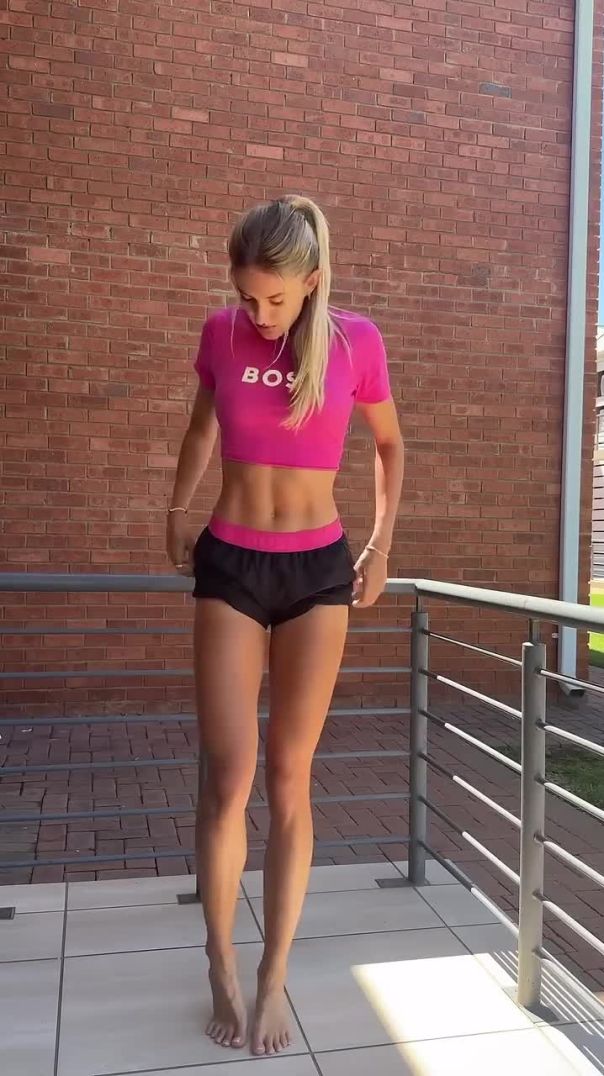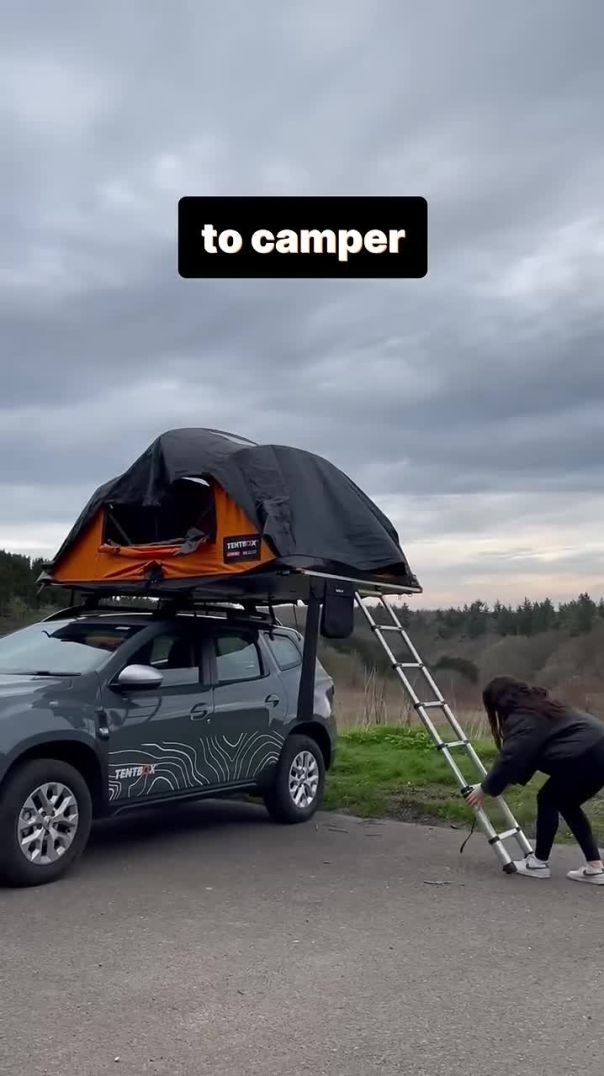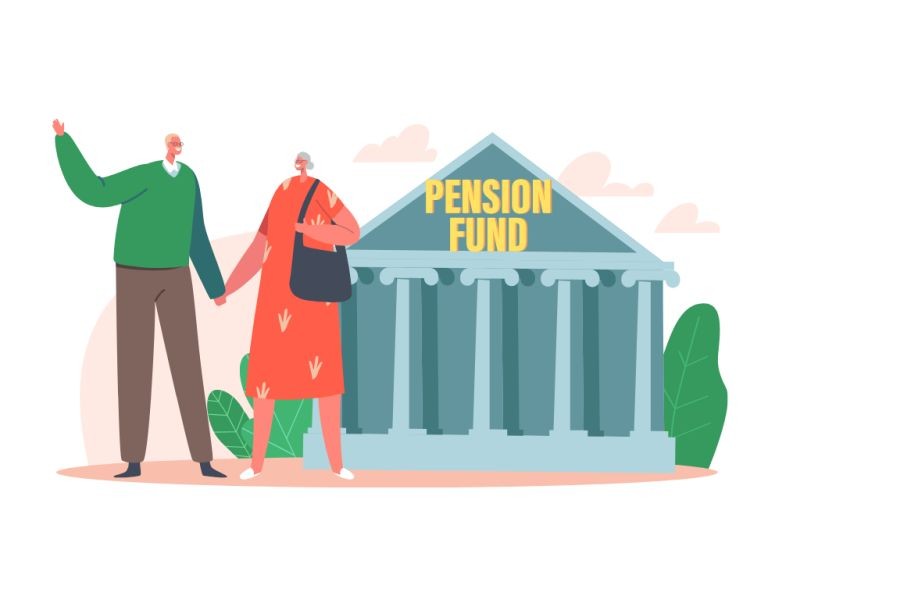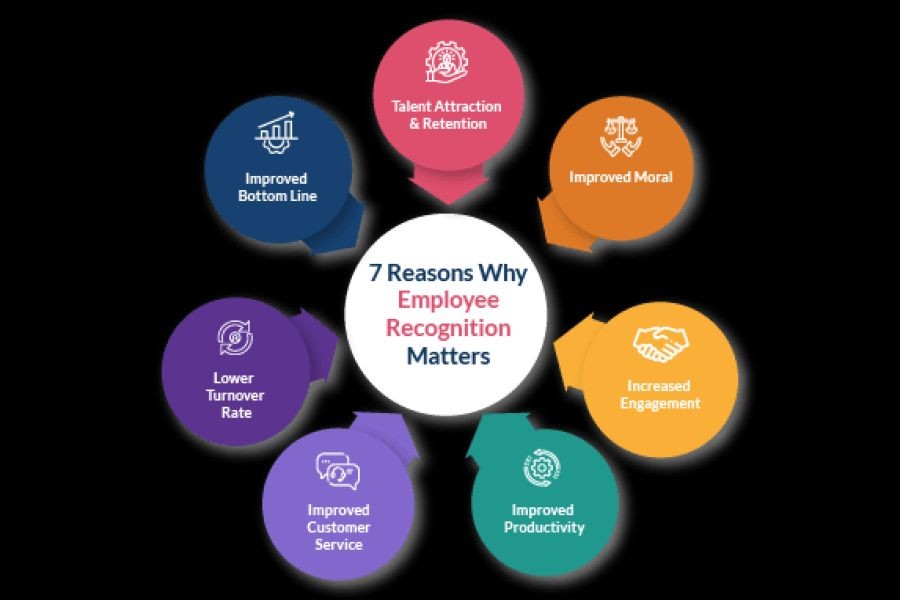In the dynamic world of real estate marketing, the choice between influencer marketing and branded video ads can significantly impact the success of a campaign. As New Zealand's property market continues to evolve, understanding which strategy offers the most value is crucial for industry professionals. But with the digital landscape shifting rapidly, how can real estate experts in New Zealand make informed decisions to capture the attention of potential buyers and investors?
Why This Matters in New Zealand
New Zealand's real estate market is experiencing transformative changes. According to Stats NZ, the country's property prices have surged by 27% since 2020. This growth, coupled with a competitive market, has made it imperative for real estate professionals to adopt innovative marketing strategies that resonate with potential buyers. Influencer marketing and branded video ads have emerged as two powerful tools, but their effectiveness can vary based on execution and audience engagement.
The Power of Influencer Marketing in Real Estate
Influencer marketing leverages the reach and trust of social media personalities to promote real estate offerings. By collaborating with influencers, real estate companies can tap into established networks of followers who trust the influencer's recommendations.
Real-World Case Study: The Influence of Local Celebrities
Consider the success story of a Wellington-based real estate agency that partnered with a local influencer known for her lifestyle and home decor content. By showcasing properties through her social media platforms, the agency saw a 30% increase in inquiries and a 20% boost in property viewings. The influencer's authentic connection with her audience translated into genuine interest in the properties being promoted.
Branded Video Ads: A Visual Storytelling Approach
Branded video ads offer a dynamic and engaging way to showcase real estate properties. These ads can highlight the unique features of a property, provide virtual tours, and create an emotional connection with potential buyers.
Case Study: Impact of High-Quality Video Content
Auckland's luxury real estate market provides a perfect example. A prominent agency created a series of high-quality video ads that highlighted the lifestyle benefits of living in their properties. The campaign not only increased website traffic by 40% but also resulted in a 25% uptick in direct inquiries. The visual storytelling effectively captured the essence of the properties, enticing potential buyers.
Pros and Cons: Influencer Marketing vs. Branded Video Ads
Pros of Influencer Marketing
- Authenticity: Influencers bring a personal touch, making promotions feel genuine.
- Targeted Reach: Access to niche audiences that align with the real estate market.
- Cost-Effective: Often more affordable than traditional advertising methods.
Cons of Influencer Marketing
- Reliability: Success depends heavily on the influencer's credibility and audience engagement.
- Limited Control: Brands have less control over content creation.
Pros of Branded Video Ads
- Creative Freedom: Brands have complete control over messaging and presentation.
- High Engagement: Videos are engaging and can effectively convey complex information.
- Scalability: Easily adaptable for different platforms and audiences.
Cons of Branded Video Ads
- Cost: High production costs can be a barrier for smaller agencies.
- Ad Fatigue: Viewers may skip ads if they appear too frequently.
Industry Insights and Emerging Trends
As technology evolves, so do marketing strategies. A recent report from the Reserve Bank of New Zealand highlights the growing influence of digital marketing in the real estate sector. With virtual reality and augmented reality becoming more accessible, integrating these technologies into branded video ads could revolutionize property showcasing in New Zealand.
Furthermore, personalization is becoming increasingly important. The use of AI to tailor marketing messages based on viewer data can enhance both influencer marketing and video ads, increasing engagement and conversion rates.
Common Myths and Mistakes in Real Estate Marketing
- Myth: "Influencer marketing is only for consumer products." Reality: Influencers can significantly impact real estate by reaching niche audiences interested in property investment.
- Myth: "Branded video ads are too expensive for small agencies." Reality: With advances in technology, producing high-quality video content is becoming more affordable.
Future Trends in Real Estate Marketing
Looking ahead, the integration of AI and data analytics will likely shape the future of real estate marketing in New Zealand. By leveraging customer insights, agencies can create hyper-targeted campaigns that resonate with potential buyers. Moreover, as sustainability becomes a key concern, marketing strategies that highlight eco-friendly properties will become increasingly important.
Conclusion
In the battle between influencer marketing and branded video ads, the best approach depends on the specific goals and resources of each real estate agency. By understanding the strengths and limitations of each strategy, leveraging local market insights, and embracing technological advancements, real estate professionals in New Zealand can effectively engage their target audiences and drive success.
Ready to take your real estate marketing to the next level? Share your thoughts below or join the conversation on social media!
Related Search Queries
- Influencer marketing strategies for real estate
- Branded video ads effectiveness in New Zealand
- Real estate marketing trends 2025
- How to choose between influencer marketing and video ads
- Impact of digital marketing on New Zealand's real estate

































AlisiaConr
11 months ago